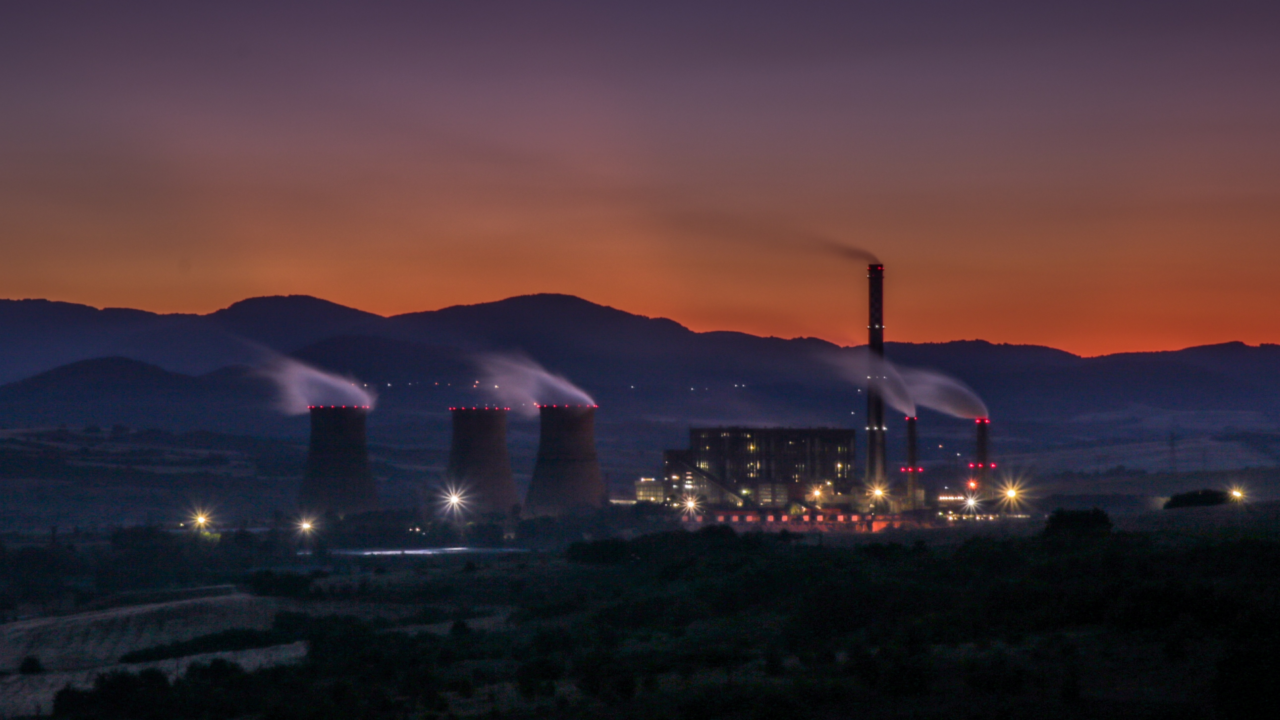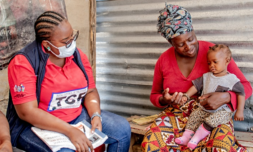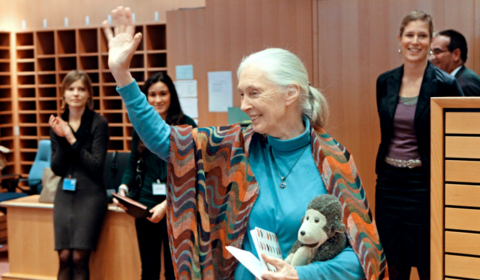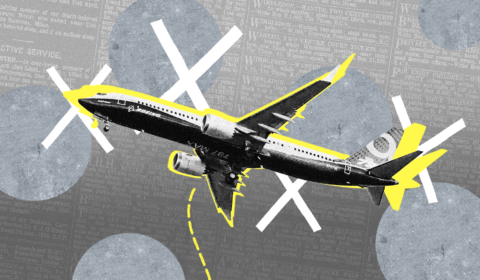The campaign group Debt Justice says rich nations have forced poorer countries into moving past fossil fuels as they struggle to pay back national debts. Its members call for debt forgiveness, which will allow the Global South to begin advancing towards sustainable energy.
As the global consequences of fossil fuel driven climate change become more evident year on year, many nations are now seriously assessing their options when it comes to producing sustainable energy.
That said, this vital transition has been primarily afforded to richer nations with minimal debt owed to other countries or financial institutions. These countries, mainly located in the Global North, are easily able to invest their own wealth into building the appropriate infrastructure to set green energy projects underway.
Meanwhile, poorer nations – which often owe large financial sums to richer countries and institutions – cannot afford to do so. They face a difficult situation where they are unable to invest in sustainable energy, because they are obligated to use any profit they earn to pay back loans to creditors.
This, the anti-debt organisation Debt Justice says, is trapping many poor countries into relying on the use of fossil fuels now and for the foreseeable future. Campaigners from the group suggest that rich countries and financial institutions should cancel debts owed by the Global South and allow their governments to properly invest in their local energy infrastructure.
Tess Woolfenden, a senior policy officer at Debt Justice said, ‘High debt levels are a major barrier to phasing out fossil fuels for many Global South countries.
‘Many countries are trapped exploiting fossil fuels to generate revenue to repay debt while, at the same time, fossil fuel projects often do not generate the revenues expected and can leave countries further indebted than when they started,’ she continued. ‘This toxic trap must end.’





















